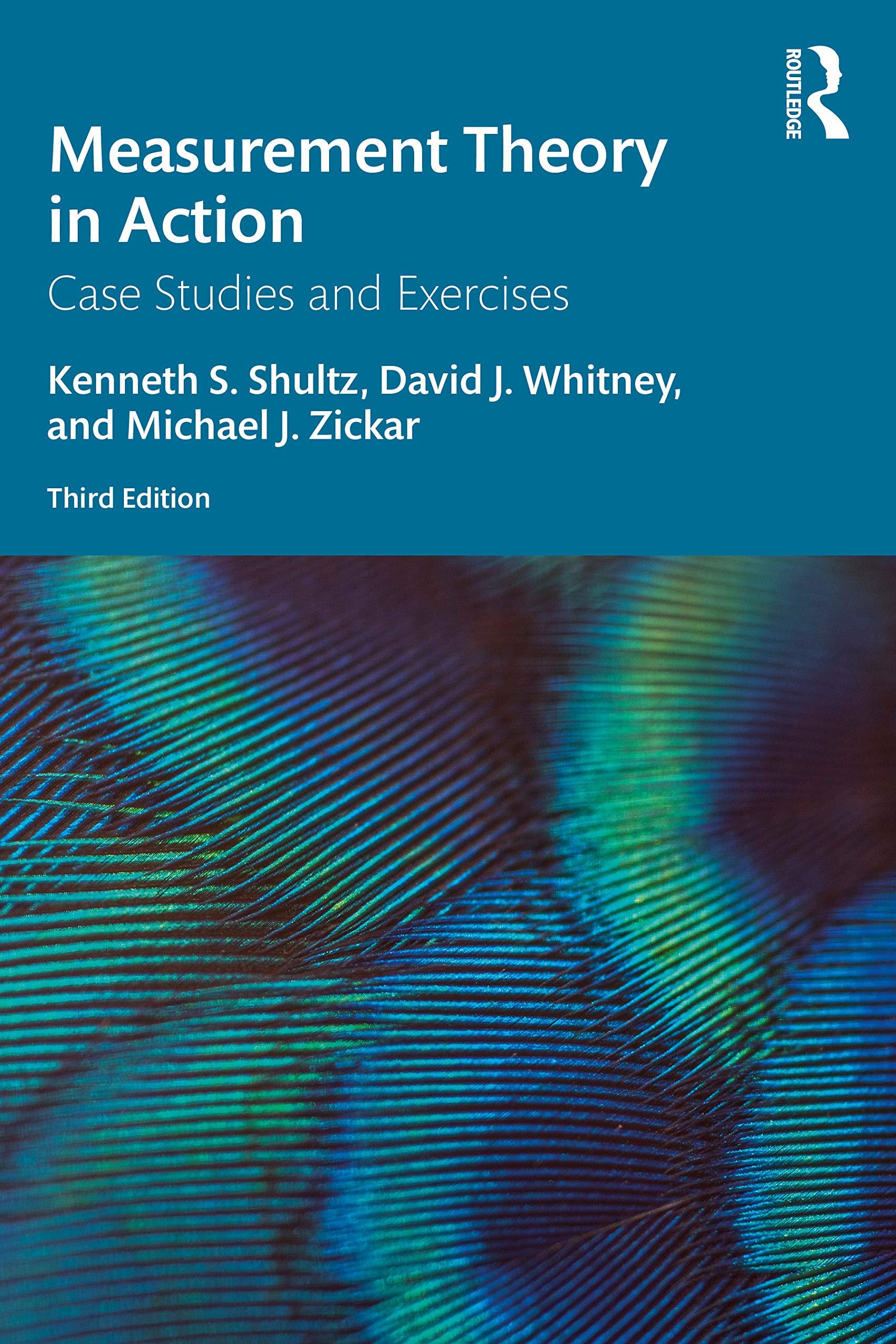Megan, a second-year clinical psychology graduate student, had just gotten her first assignment in her graduate internship
Question:
Megan, a second-year clinical psychology graduate student, had just gotten her first assignment in her graduate internship placement in the Community Counselling Center (CCC). Dr. Chavez had given her a set of two standardized psychological tests she was to administer to a CCC client who was referred by a judge from the county’s family court system. The client had a history of verbally abusing his wife and children. In addition, he had threatened physical harm against his family on numerous occasions. Fortunately, however, he had never actually followed through on his verbal threats of physical violence. Given the client’s history, the judge wanted to refer the client for anger management treatment. In order for the client to qualify for the court-ordered treatment, however, he had to score “sufficiently high” on at least one of two psychological tests. Ultimately, it was up to Dr. Chavez and Megan to determine if he had scored sufficiently high on the tests and to make a recommendation to the judge as to whether the client should be referred to the anger management treatment program.
Megan administered the two psychological tests to the client. She then scored the tests. As it turned out, for both tests the client had fallen just a point or two below the cutoff set by the court to be considered “sufficiently high” to warrant participation in the court- ordered anger management treatment program. However, Megan had just completed her graduate measurement course the term before. She knew that a test taker’s observed score is only an estimate of his or her true underlying level on the construct being measured. To her, it seemed wrong to take the test at “face value” in that there is always measurement error associated with any psychological test. What about the other information in this client’s history? Feeling a little frustrated, Megan thought it was time to discuss the case further with Dr. Chavez.
Questions
1. What statistics should Megan calculate to obtain an estimate of the client’s underlying true score on the psychological measures?
2. If you were Megan, what other information would you want to know about the tests in order to make the best decision possible?
3. Should the nature of the offense have any impact on how Megan determines if the client is “sufficiently high” on the psychological measures? If yes, how so? If no, why not?
4. How should (or could) the other information in the client’s file be combined with the test data to make a recommendation to the court?
Step by Step Answer:

Measurement Theory In Action
ISBN: 9780367192181
3rd Edition
Authors: Kenneth S Shultz, David Whitney, Michael J Zickar





